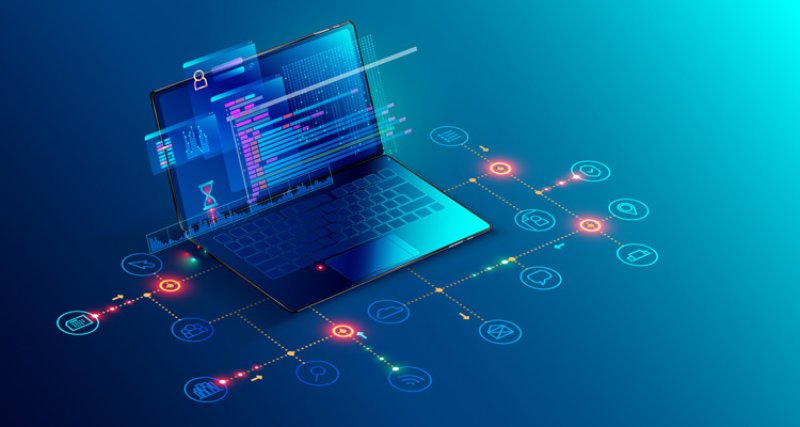As we look ahead, several trends are shaping the future of software use around the world. With emerging technologies like artificial intelligence (AI), blockchain, quantum computing, and the Internet of Things (IoT), software is becoming more intelligent, secure, and integrated into our daily lives.
Artificial Intelligence Integration
AI is transforming software from static tools into dynamic systems that can learn, adapt, and make decisions. AI-powered software is already being used in customer service (via chatbots), healthcare diagnostics, predictive analytics in business, and autonomous vehicles. In the future, we can expect even more personalized user experiences, smarter automation, and improved data-driven decisions thanks to AI integration.
For example, AI-enhanced customer service software can analyze tone, language, and behavior to provide empathetic responses in real time. In agriculture, software can use machine learning to assess crop health through drone imagery, helping to boost food production in sustainable ways.
The Rise of Low-Code/No-Code Platforms
Traditionally, creating software required extensive coding knowledge. However, the rise of low-code and no-code platforms is democratizing software development. These tools allow users with minimal programming skills to create apps, automate workflows, and build websites using intuitive interfaces.
This trend is particularly transformative for small businesses and entrepreneurs around the world, who can now develop customized software without needing a large IT team or expensive developers.
Cloud-Based Software and Global Accessibility
Cloud computing has revolutionized how software is distributed and used. Instead of installing bulky programs on individual computers, users can now access cloud-based applications from anywhere in the world with just an internet connection. This shift has made software more scalable, cost-effective, and accessible.
Global companies like Microsoft (with Office 365), Google (with Workspace), and Amazon (with AWS) are leading the charge in providing cloud-based solutions for businesses, governments, and individuals. These platforms enable seamless collaboration across borders, helping teams work together regardless of location.
Software for Sustainability and Smart Living
Software is also playing a vital role in promoting sustainability and eco-friendly practices. Smart home software can control lighting, heating, and energy consumption based on real-time usage data. Cities are integrating smart systems for waste management, public transport, and traffic control—driven by powerful software platforms.
In the energy sector, software helps monitor solar power generation, manage electric grids, and optimize energy consumption. As the world faces climate change and resource scarcity, software solutions will be at the forefront of innovation in environmental sustainability.
Blockchain and Security Software
The use of blockchain in software development is introducing new standards for security, transparency, and data integrity. Originally developed for cryptocurrencies like Bitcoin, blockchain is now being used in supply chain management, voting systems, identity verification, and financial transactions.
Software built on blockchain technology offers tamper-proof records and decentralized control, reducing the risk of fraud and hacking. This makes it especially valuable in areas with limited trust in institutions or financial systems.
Conclusion: A Digital World Empowered by Software
The role of software in the global landscape is expanding rapidly. What was once confined to desktops and data centers now powers mobile devices, smart infrastructure, global communication, and automated industries. As innovation accelerates, the future will be increasingly shaped by software solutions that are smart, secure, and accessible to all.
To thrive in this evolving digital era, nations, businesses, and individuals must invest in digital literacy, support open innovation, and promote ethical software development. With thoughtful integration and responsible use, software can help solve some of the world’s most pressing problems—from education and healthcare to climate change and global security.








